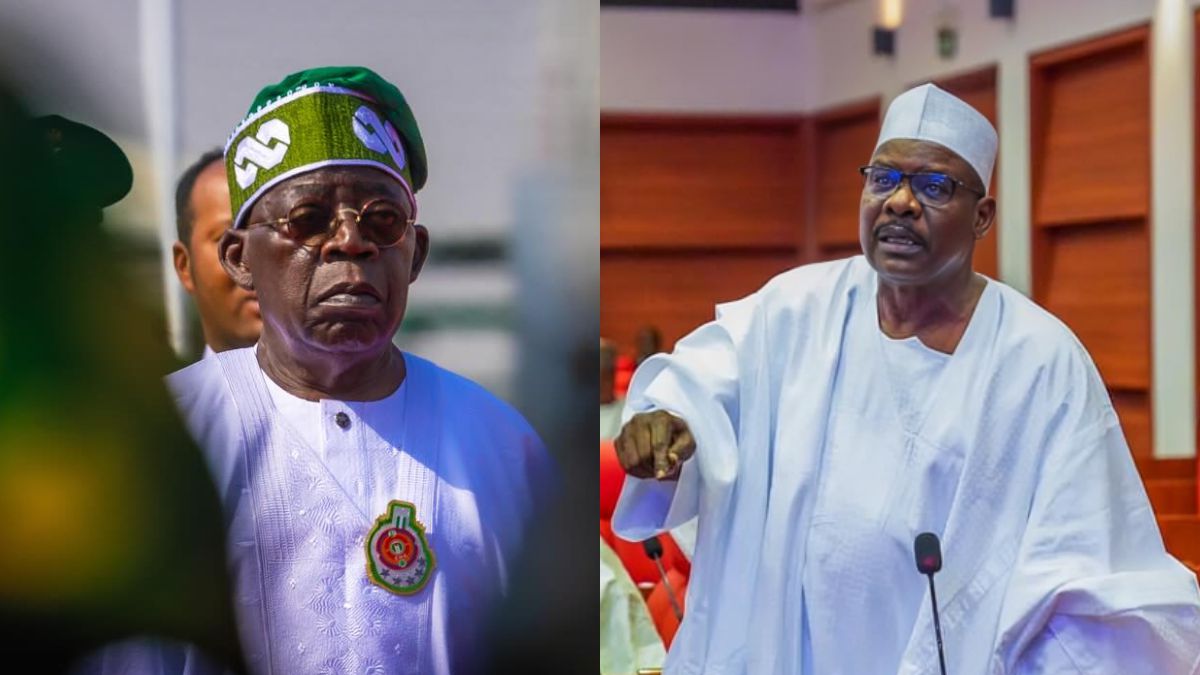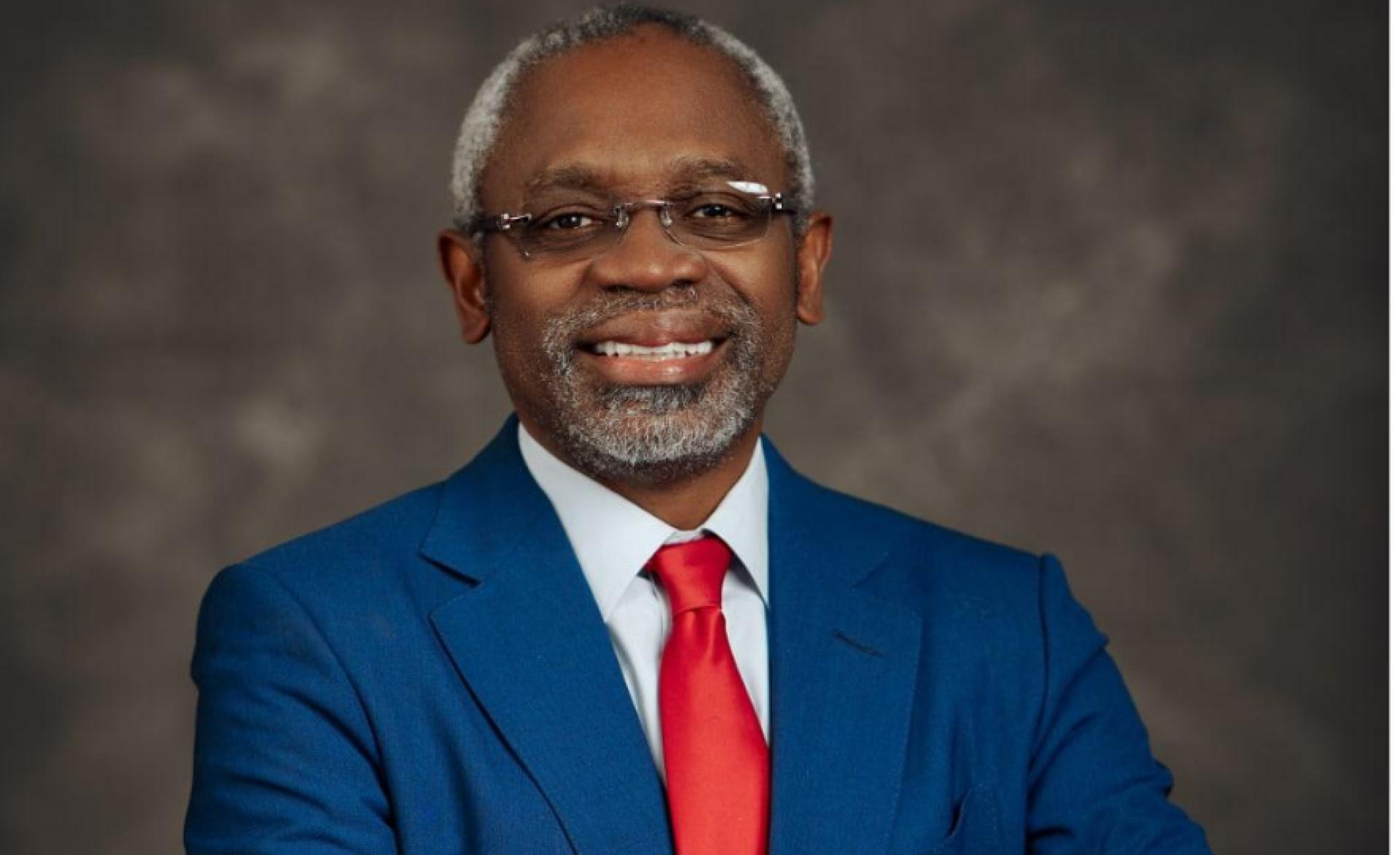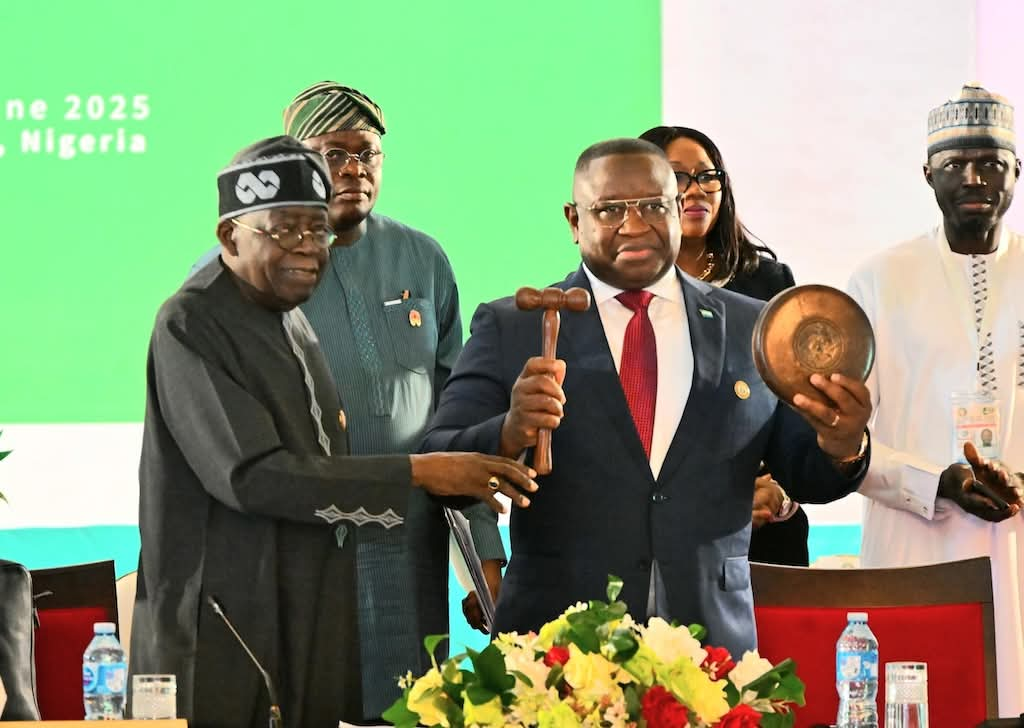Blood in the middle belt: Enough of the slaughter | TheCable
The latest atrocity hit just days ago. On June 22, 2025, a commercial bus travelling from Zaria was attacked in Mangu, Plateau State. The passengers,
unarmed, unaware, were dragged out and lynched. At least 12 dead. Eleven injured. Survivors describe screams, fire, and silence. Police arrested 22 suspects. But arrests rarely mean justice here.
Less than a week earlier, in Yelewata, Gwer West LGA of Benue, over 100 people were butchered in an overnight massacre that lasted hours. Eyewitnesses say Fulani-speaking attackers moved in columns, torching homes and gunning down those who ran. It’s the second such attack in two weeks. President Bola Ahmed Tinubu visited Makurdi days later. His words felt hollow to the grieving.
This is no new pattern. It’s a sustained campaign of bloodletting. Between February and April 2025, more than 280 lives were lost across Benue and Plateau States. In early February, Fulani gunmen stormed Christian farming communities in Shendai and Chisu, Plateau, killing at least 11. In April, a Benue Links bus was ambushed near Ikobi, its driver shot dead, passengers abducted. On May 9, coordinated assaults in Kwande, Logo and Umum LGA claimed 23 lives. Survivors reported the assailants spoke Fulfulde and Jukun.
But the cycle didn’t begin in 2025. It didn’t start in 2021, when 40 people were slaughtered in Odugbeho, Agatu LGA. Nor in 2018, when over 70 Tiv mourners were massacred in Guma and Logo. It dates back further, decades of tension rooted in land, survival, identity, and deliberate state neglect.
In the 1960s, government-sanctioned grazing routes pushed nomadic Fulani southward. For years, Tiv and Idoma farmers in Benue, and Berom in Plateau, coexisted with Fulani herders. Cattle drank from rivers, farmers tended fields, and local markets buzzed with trade. But climate shifts dried northern pastures. And politics, corruption, and competition for land changed the equation.
The cattle multiplied. Farms shrank. The herders armed. So did the farmers. But only one side often has state sympathy.
Villages across the middle belt accuse the federal security forces of watching, sometimes aiding, or simply failing. There are whispers, many attackers aren’t even Nigerian. Nigerien, Chadian, and Malian Fulani fighters, trained in Sahelian insurgencies, reportedly cross porous borders unchecked. The line between bandit and jihadist, criminal and ethno-militant, has all but vanished.
Follow the money. This violence isn’t just tribal or territorial. It’s lucrative. Banditry has become an industry. Ransoms, gun-running, livestock rustling, land seizures, someone always profits. In Zamfara, Kaduna, and Katsina, deals are struck with warlords under the table. In Benue and Plateau, it’s masked as ethnic reprisal. But in every camp, Fulani, Tiv, Berom, Jukun; there are politicians who benefit from chaos. The longer insecurity festers, the more contracts are awarded, the more positions are negotiated, the more weapons are trafficked.
In 2021, a report by SBM Intelligence detailed how rural bandits were collecting more in ransom than most Nigerian LGAs generate in IGR. Who’s laundering those millions? Whose convoys are spared on dangerous highways? These killings continue because it pays not to solve them.
Stop calling them “clashes.” That word insults the dead. These aren’t mutual brawls. When armed herdsmen descend on unarmed villagers at 2am and leave 70 corpses behind, that is not a clash. It’s a massacre. Journalists must report names, affiliations, and patterns. They must dig beyond government press releases. Glossy headlines hide ugly truths. The international press must look harder. This isn’t a tribal scuffle; it’s ethnic cleansing with a spreadsheet.
Enforce real security, not statements. Deploy permanent joint task forces, military, DSS, police, and civil defence, with clear rules of engagement. Establish forward operating bases in flashpoints, not just patrols that vanish after curfew. Arm local vigilante units, but vet them. Intelligence must come from the ground, anonymous tip lines, whistle-blower protection, reward systems.
Disarm every group. Everyone. No sacred cows, no tribal exemptions. Whether it’s a Fulani herdsman with an AK-47 or a local militia commander hoarding Dane guns and IEDs, the message must be the same: Nigeria is not a battlefield.
Air surveillance must be constant, not ceremonial. Drones, choppers, satellite imaging, this is a modern war. Treat it like one. Track movements, anticipate raids. Stop reacting. Start intercepting.
Name and shame. Arrest and try those behind the massacres. Publish trial proceedings. Let people see justice in motion. We know the names. The government knows the names. Locals whisper them. Some of them ride in government convoys. Some hold traditional titles. Others run cattle markets or own luxury homes in Jos, Makurdi, and Kaduna. Unmask them.
Create a dedicated tribunal for agrarian-terrorism-related crimes. Speedy trials. Transparent outcomes. Not one more report that gathers dust in the Ministry of Interior.
For too long, Nigeria has been managed like a fragile marriage between unwilling strangers. The middle belt gets the worst of this dysfunction. Northern enough to be overlooked, southern enough to be distrusted. It’s time to codify a new social contract. One that ensures every ethnic group has land rights, representation, and equal protection. This isn’t idealism. It’s nation-building.
A country that cannot protect its rural citizens from armed invaders does not deserve the word republic.
The land is the soul of this crisis. Grazing routes, ancestral farmlands, and demarcations blurred by population growth and desertification. The 1965 Grazing Reserve Act is a ghost, irrelevant and abused. Instead of grazing reserves, create ranches. Lease land, regulate access, and monitor output.
If Saudi Arabia can ranch camels, Nigeria can ranch cattle.
Fulani herders are not the enemy. Statelessness is. A herder who doesn’t know where to graze is one bullet from banditry. A farmer who watches his crops burn under hooves is one machete from revenge. So, map every inch of grazing land. Compensate farmers for damages. Give herders alternative livelihoods when needed. Make the livestock business a regulated industry, not an armed movement.
The land remembers, even when leaders pretend to forget. Every child who watched his parents butchered in Gbeji, every widow who fled in Nyiev, every orphan from Riyom, they carry that history in their bones. Healing will not come from a press conference. It will come from accountability, memorialisation, and reparation.
Build trauma centres in affected LGAs. Fund mental health outreach in IDP camps. Commission memorials, not marble statues, but live scholarships for every child who lost a parent to this war. Let remembrance be useful.
Nigeria’s federal structure is a façade. It centralises power, decentralises responsibility, and localises blame. Restructure. Not rhetorically, legislatively. Let states control internal policing. Let local governments manage security budgets transparently. Let the centre support, not suffocate.
Until Plateau can defend itself without waiting for Abuja, these killings will continue. Until Benue controls its forests and borders, herdsmen will keep crossing. Until Kaduna can investigate and prosecute attacks without interference, impunity will reign.
There’s nothing cultural about mass murder. There’s nothing traditional about razing villages. The Fulani identity is not inherently violent, and the Tiv or Berom victimhood is not destiny. Stop defending crime with customs. Start calling it what it is; terrorism!
Every ethnic group has a choice: be known for peace, or be remembered for bloodshed.
If the President won’t act, governors must. If governors won’t, communities must. If that fails, then the international community must investigate. There are enough mass graves to qualify for war crimes. A UN inquiry isn’t extreme. It’s overdue.
The death toll is now impossible to count accurately. Thousands. Maybe tens of thousands since 2001. The Zaki-Biam massacre. The Dogo Nahawa slaughter. The Agatu bloodbath. The Barkin Ladi siege. The Atyap purges. Mangu. Guma. Gwer West. The map of central Nigeria is now dotted with places more famous for death than life.
We either solve this, or Nigeria will be known as the land where herdsmen roam with assault rifles and entire tribes vanish overnight. Enough with dialogue panels that deliver nothing. Enough with condolences from bulletproof convoys. Let justice walk on two legs. Let peace be armed with consequences. Let Nigeria show, once and for all, that no one, not even Fulani militias, not even corrupt generals, not even complicit politicians, is above the law.
The people of Benue, Plateau, Kaduna and other affected parts of the country have waited too long. The ground can’t swallow more blood.
Nnaa Kalu Nto, the CEO of Analytix, writes from Abuja
Views expressed by contributors are strictly personal and not of TheCable.











